BioJapan 2019 Kicks Off with Importances on New Bioeconomy Strategy
BioJapan 2019 Kicks Off at Pacifico Yokohama with the Prime Focus on Japan’s New “Bioeconomy Strategy”
BioJapan is one of Japan’s largest events in the field of Biotechnology, which is held alongside Regenerative Medicine Japan in Yokohama. BioJapan 2019 is being iterated for the 21st time this year and attracting 1000+ bio-related companies and universities participating which focuses on research pharmaceuticals, regenerative medicine and healthcare. With over 34 countries exhibiting in the event, 300+ seminars and approximate 10,000 business meetings are scheduled to take place.
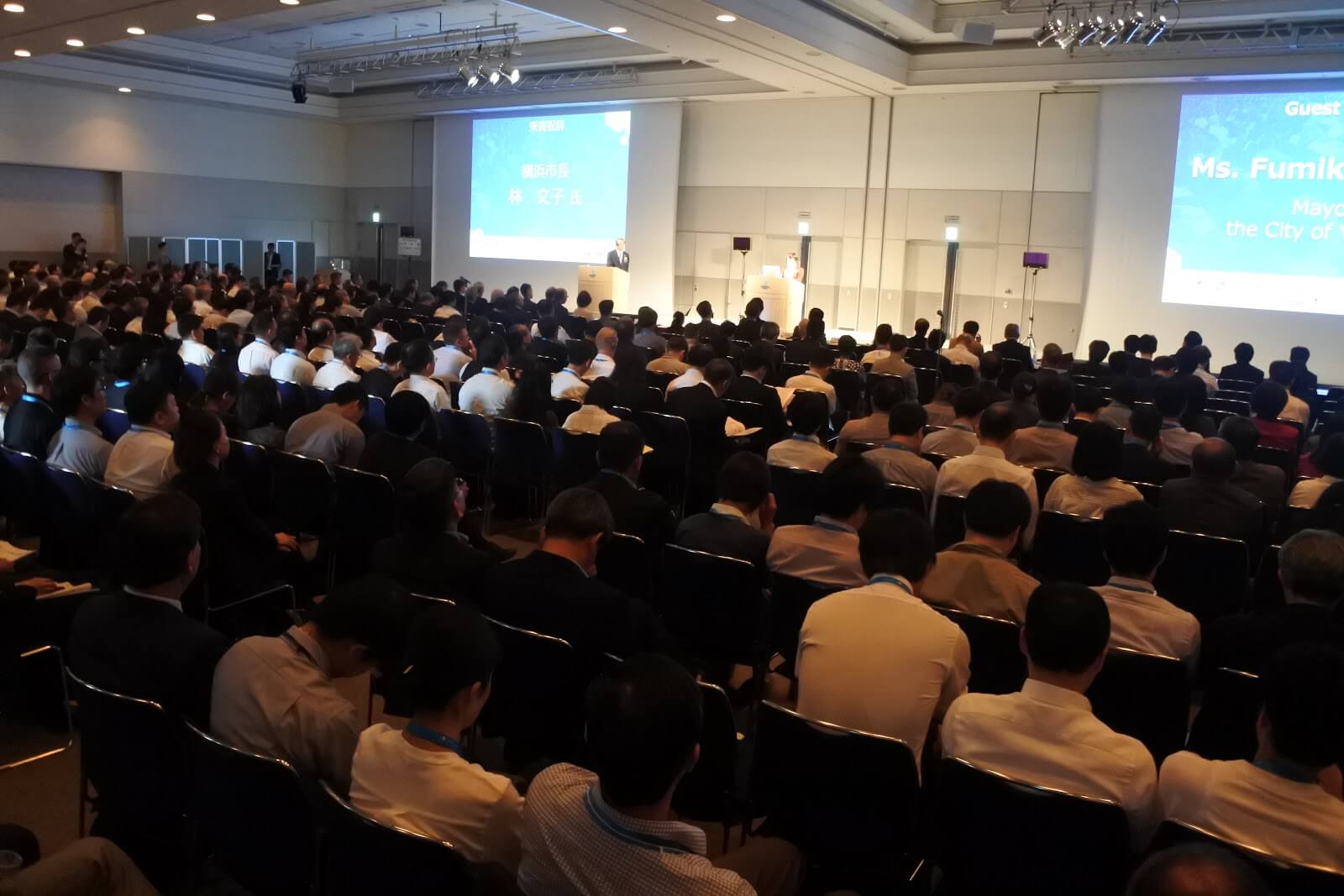
The first day kicked off with the keynote session that highlighted the new “Bioeconomy Strategy” developed by the government of Japan for the first time in 10 years. The new strategy consists of 4 major goals: 1. To achieve the world’s most advanced bioeconomy society by 2030; 2. To determine the right market segment to focus on; 3. To develop data platforms to incorporate Bio and research technologies and 4. To create an international biocommunity that attracts scientists and investments from around the world.
For each market area, individual companies and their respective departments from the government will work together in a public-private partnership to set roadmaps and KPIs to achieve by 2030. While more than 15 nations including China, Europe, and the US have already formulated their strategies and are adopting it, those steps are acknowledged by the rest of the world to have a great deal of significance.
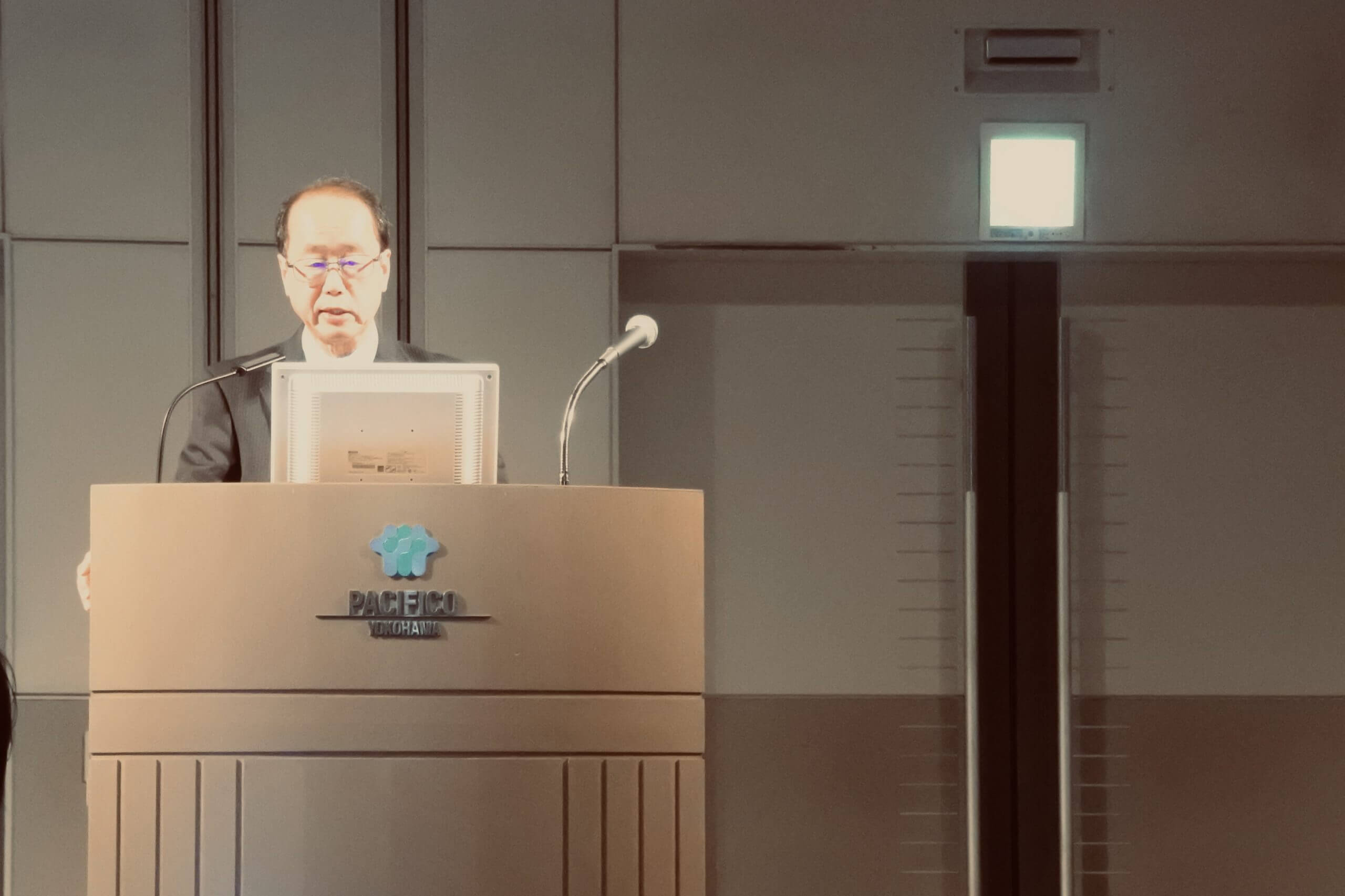
The keynote speaker Hiroto Izumi also stated that disruptive technologies such as “low-cost DNA sequencing”, “gene editing”, “imaging resolution”, “synthetic biology”, “automation and AI” have caused a paradigm shift in the field of biotechnology. We are now entering into a new era of “digitalization”, “big data” and “design organisms”. He also mentioned that the new research style enables an interconnected network and an open innovation ecosystem.
Advancement on next generation antibody drugs
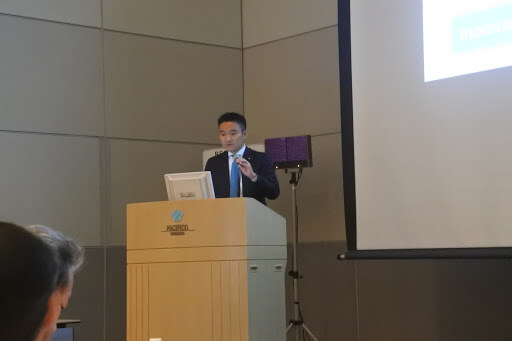
Antibody drugs, for all the innovation that they bring, also have their share of downsides such as off-target effects and cytotoxicity to normal cells. Tomoyuki Igawa from Chugai Pharmabody Research, believes on-target toxicity is one of the remaining challenges of antibody drugs. To address this issue, their Switch antibody binds to the antigen, only in the presence of tumor specific small molecular metabolites. They show that extracellular ATP elevation in tumor microenvironment can be used as a molecular switch. In their mouse model studies, it was demonstrated that the Switch antibody was able to bind to the target antigen under high ATP solid tumor microenvironment without binding to the antigen in the plasma or normal tissue.
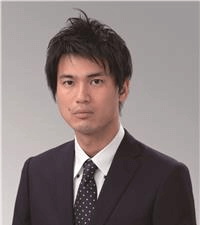
KOTAI Biotechnologies CEO Dr. Kazuo Yamashita mentioned several opportunities that immune repertoire data provides. The data can be used for antigen detection; multiple functions in cell therapy on therapeutics and target discovery; and memory for diagnostics and prediction. High throughput antibody structure modeling and analysis can help individuals with the current status of their immune receptor provide better strategy for treatments.
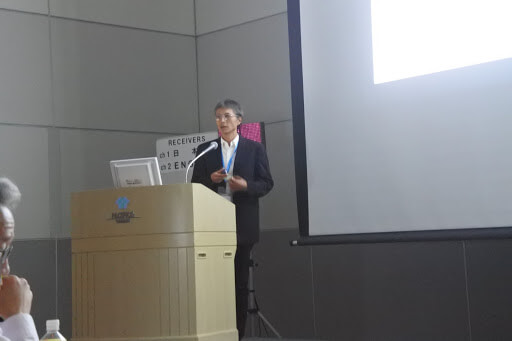
Dr. Yoshihisa Hagihara from the National Institute of Advanced Industrial Science and Technology (AIST), shared information about the camelid-derived single domain VHH antibody. This antibody is strange because it corresponds to the variable region of a heavy chain of a camelid antibody. It has existed in most Camelidae animals. It is highly heat resistant and its VH domain can bind to the antigen as single domain format VHH. Currently, Cablivi (caplacizumab) is the only VHH in the market and is approved in Europe. VHH’s unique characteristics are also used to develop other applications including micro-fluidic devices, protein purification and more.
Regenerative medicine toward development and commercialization
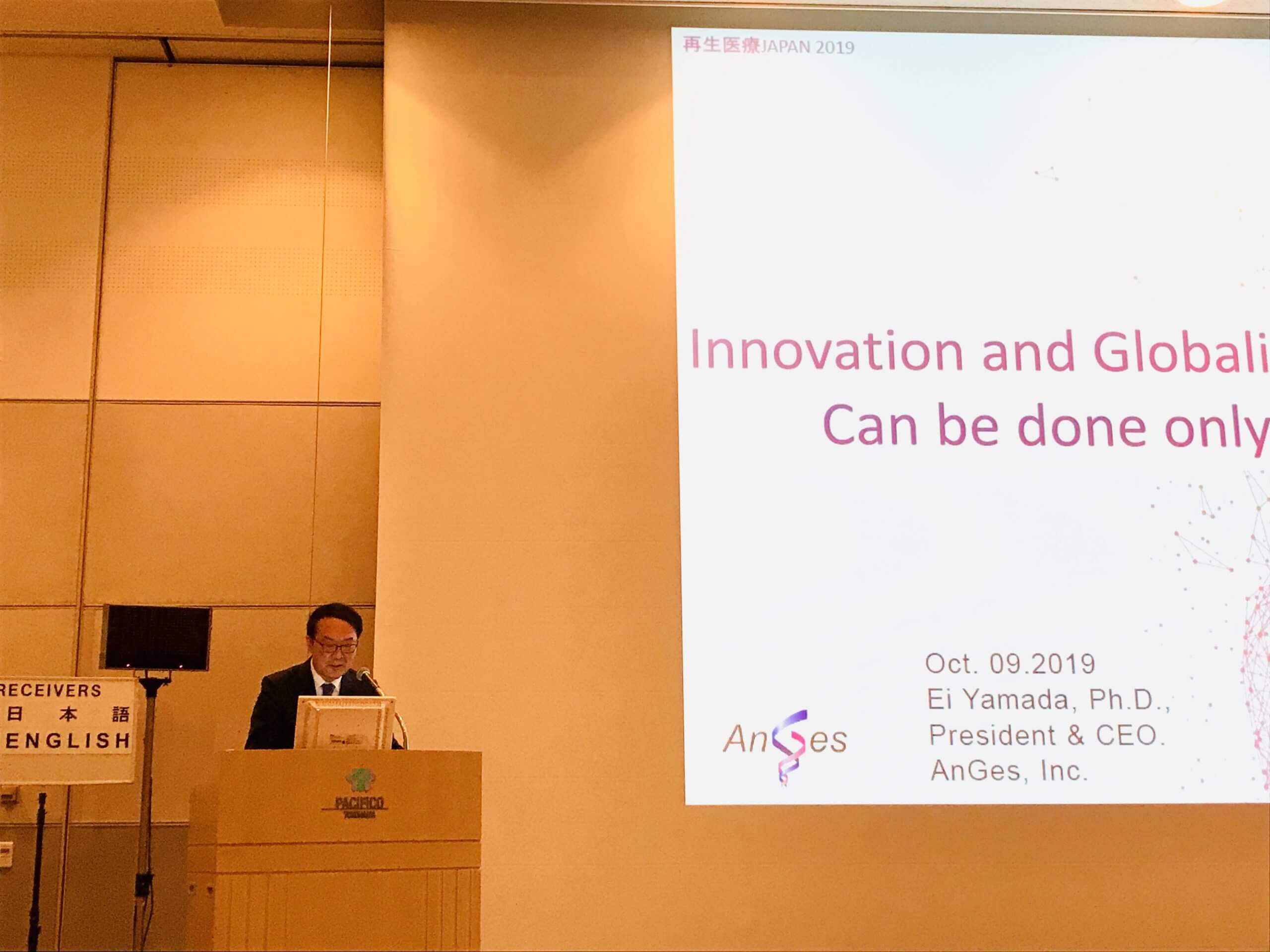
Critical Limb Ischemia (CLI) is a serious condition with significant unmet medical need and only recently the HGF Gene Therapy was approved for treatment, which also is Japan’s first gene therapy drug. President and CEO Ei Yamada from AnGes, Inc. states it is the only plasmid based gene therapy in the market, and the first therapeutic product for peripheral angiogenesis. The use of a plasmid vector can avoid possible safety concerns over virus vectors. Also, there is a short half life for the HGF protein. By using the plasmid vector, it could provide local and continuous expression for up to 2 weeks, and will completely disappear in 4 weeks.
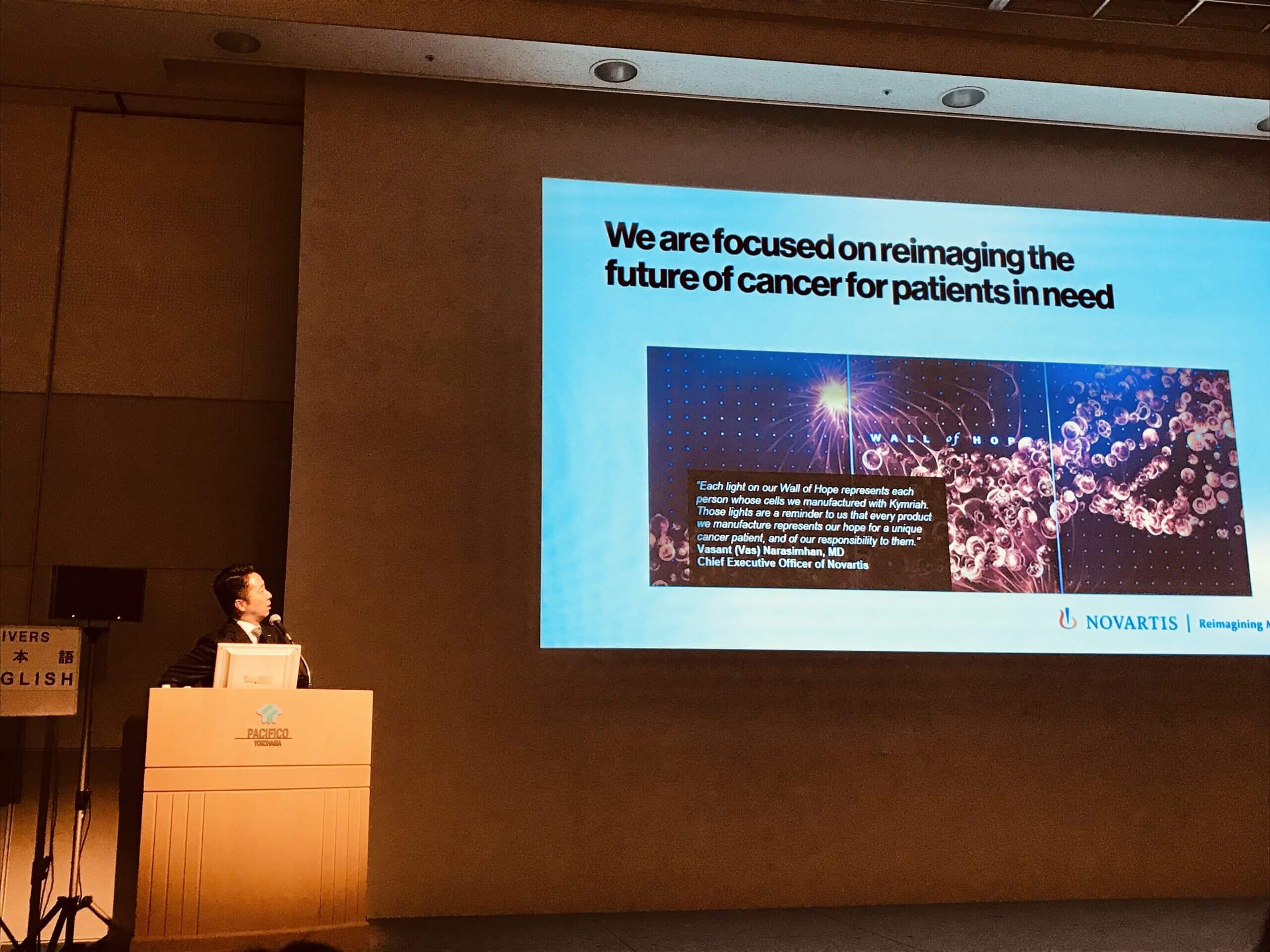
On the other hand, Michitaka Nakao from Novartis Pharma shared their experience on the first CAR-T Cell Therapy, which is approved in Japan earlier this year. Mr. Nakao has shared how new therapies such as CAR-T have many differences from the traditional therapies. Unlike traditional therapies, CAR-T is manufactured for each individual patient using their own cells. Therefore there will be many new challenges to overcome including manufacturing processes, transportation to integration and collaboration among multiple treatment center stakeholders.
Written by Thomas F. Huang
Follow us on twitter for the latest biotech news @GeneOnlineNews
©www.geneonline.com All rights reserved. Collaborate with us: service@geneonlineasia.com











